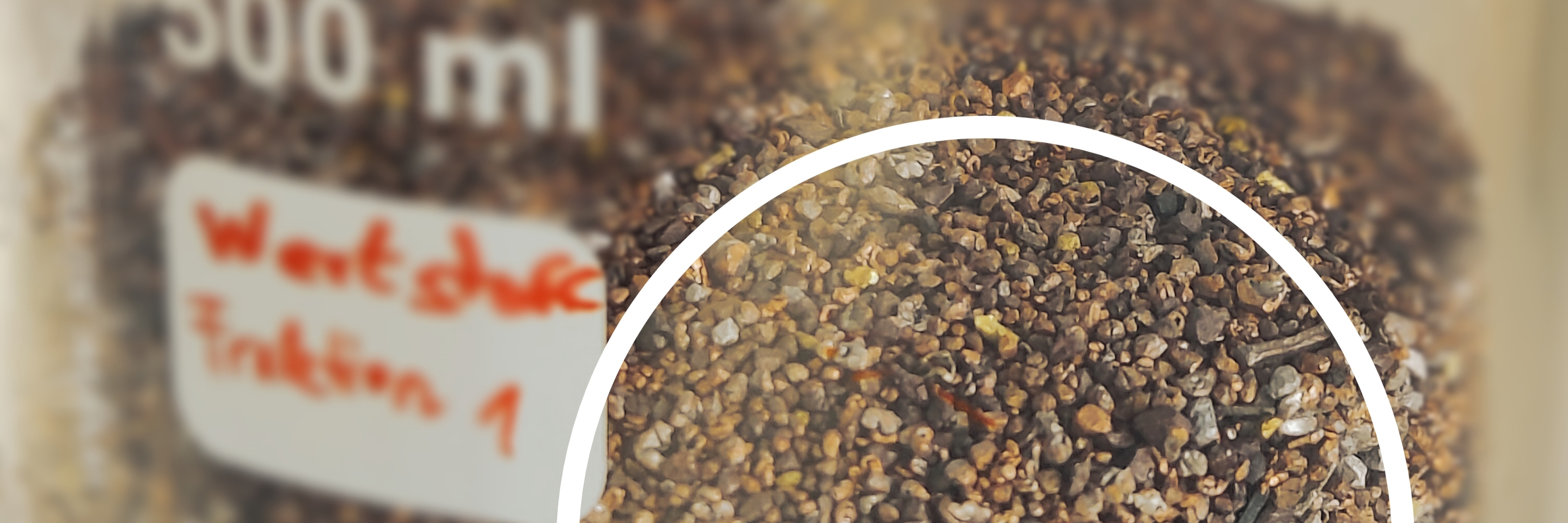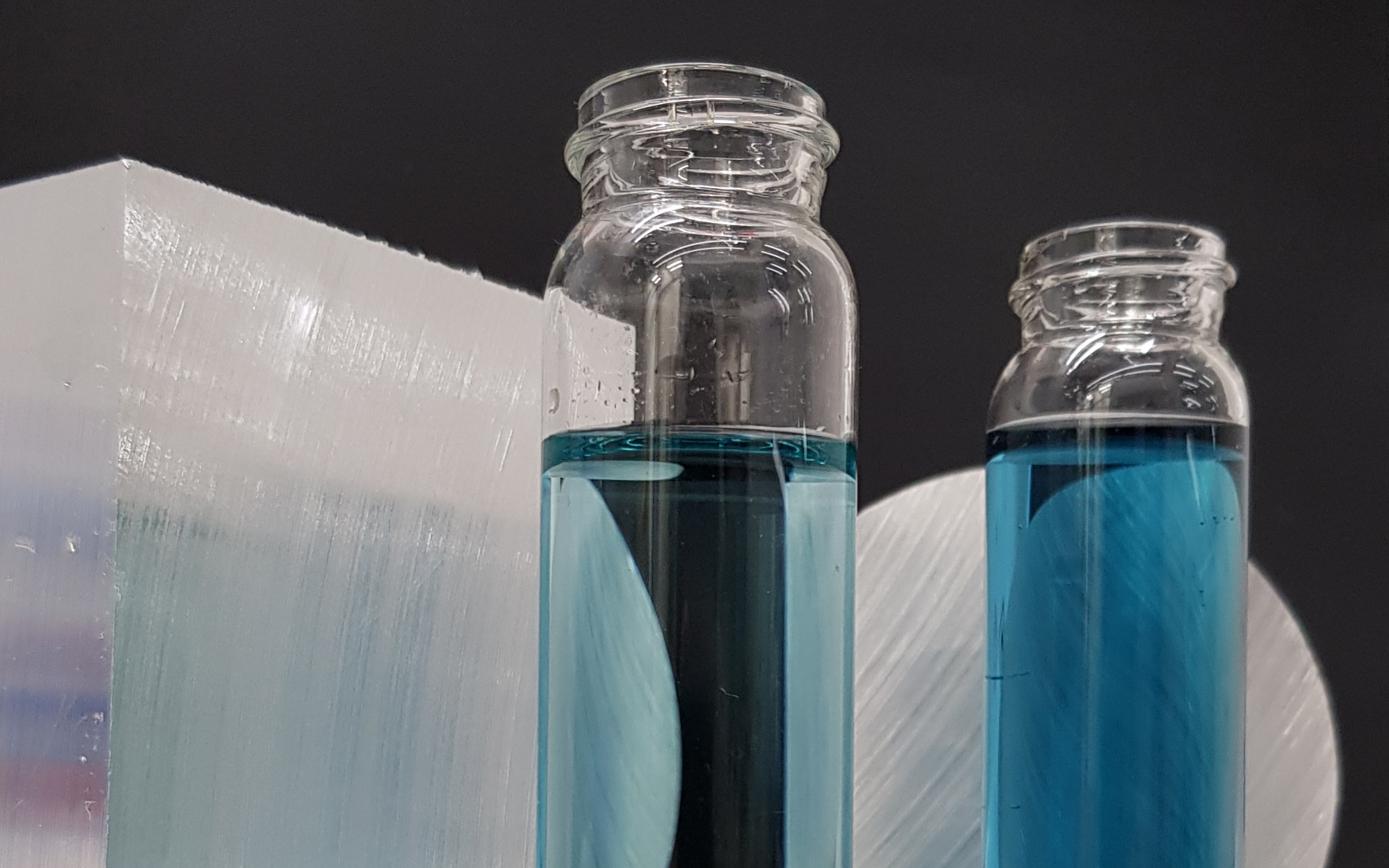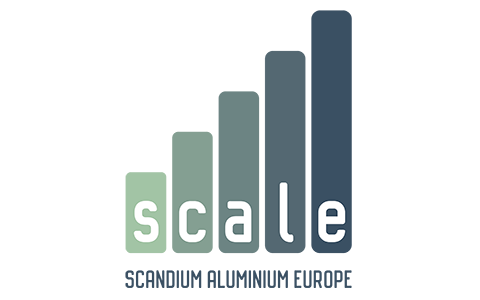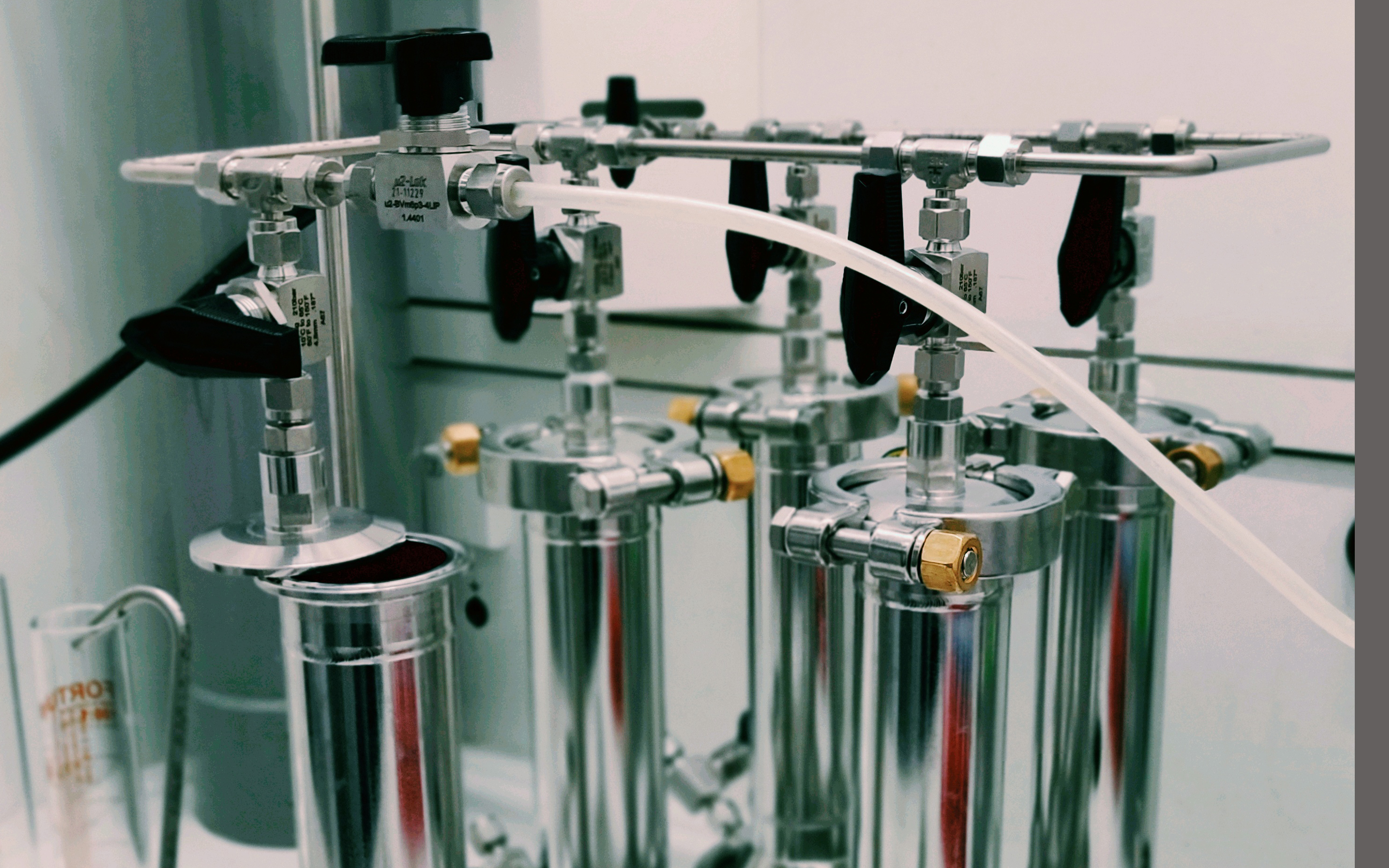Hydrometallurgy
So-called critical raw materials are elements that are of great economic importance, but whose supply is not guaranteed. Industrial waste often contains such valuable elements. The elements in question may even be more concentrated in wastes than in the ores from which they were originally extracted.
We use hydrometallurgical methods to dissolve these elements from the waste and then recover them. We are developing new hydrometallurgical processes for metal recovery based on advanced filtration processes. For example, we use so-called "nanofiltration" to retain charged ions and to concentrate and separate them from impurities. Metal speciation again serves as the basis for understanding the processes. For nanofiltration, we use both commercially available membranes and our own membranes. These are produced „layer-by-layer“ by us. With the help of nanofiltration, we have already recovered critical raw materials from various industrial wastes, such as waste from TiO2 production and waste from photovoltaics.
Our goal is not only to increase the technical efficiency of recovery, but to pursue a resource-efficient approach: Here, the benefit, i.e. the recovered raw materials, is compared to the necessary use of resources. In this way, we try to recover the maximum amount of raw materials with the minimum environmental impact and costs.
- Zimmermann, Y.S.; Niewersch, C.; Lenz, M.; Kül, Z.; Corvini, P.F.X.; Schäffer, A.; Wintgens, T. (2014). Recycling of Indium From CIGS Photovoltaic Cells: Potential of Combining Acid-Resistant Nanofiltration with Liquid–Liquid Extraction. Environmental Science and Technology, 48 (22), 13412–13418
- Søndergaard, R.R., Zimmermann, Y.S., Espinosa Martinez, N., Lenz, M., Krebs, F. (2016). Incineration of organic solar cells: Efficient end of life management by quantitative silver recovery. Energy & Environmental Science, 9, 857 - 861.
- Ujaczki, É, Zimmermann, Y.S, Gasser, C.A., Molnár, M., Feigl, V., Lenz, M. (2017). Red mud as secondary source for critical raw materials – Purification of rare earth elements by liquid/liquid extraction. Journal of Chemical Technology & Biotechnology, 92 (10), 2683–2690.
- Remmen, K., Schäfer, R., Hedwig, S., Wintgens, T., Wessling, M., Lenz, M. (2019). Layer-by-layer membrane modification allows scandium recovery by nanofiltration. Environmental Science: Water Research and Technology. 5, 1683-1688.
- Hedwig, S., Yagmurlu, B., Huang, D., von Arx, O., Dittrich, C., Constable, E. C., Friedrich, B., Lenz, M. (2022). Nanofiltration-enhanced solvent extraction of scandium from TiO2 acid waste. ACS Sustainable Chemistry & Engineering, 10 (18), 6063–6071.
- Schmidt, F., Amrein, M., Hedwig, S., Kober-Czerny, M., Paracchino, A., Holappa, V., Suhonen, R., Schäffer, A., Constable, E.C., Snaith, H.J., Lenz, M. (2023). Organic solvent free PbI2 recycling from perovskite solar cells using hot water. Journal of Hazardous Materials, 447, 130829.



